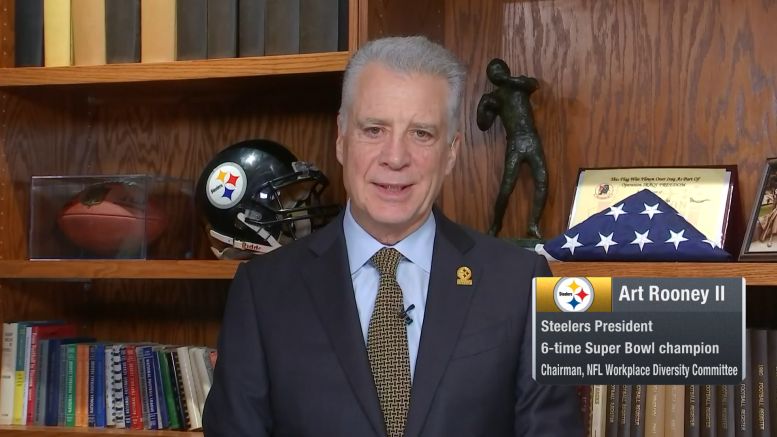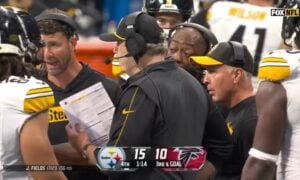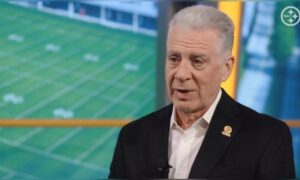The third annual quarterback coaching summit took place earlier this week, which is co-hosted by the Black College Football Hall of Fame, co-founded by Doug Williams, the first black quarterback to start and win a Super Bowl. Its primary goal is to promote and foster diversity in the hiring of coaches.
Needless to say, the event this year took on added weight given the current cultural climate, as well as the fact that the past two hiring cycles have seen another shift away from the hiring of black candidates to head coaching roles. There are now four minority head coaches, two of which have only been on the job a couple seasons at most.
Pittsburgh Steelers owner Art Rooney II has been one of the champions in the effort to make changes this offseason to the Rooney Rule to try to help foster the hiring of more minorities to positions of power within the league’s organizations.
In an article for ESPN, it was noted that during the summit, he encouraged teams to slow down their hiring process “to create a more diverse pool of candidates”. As it currently goes, there tends to be a rush for teams to get a jump on the earliest candidates, with some teams dismissing their coaches before the season is even up to get a head start on the coaching search.
The Rooney Rule, as you surely know, is named after his father, Dan Rooney, whose work in pushing for greater diversity in the league has been widely recognized. He considered it to be a cornerstone of his legacy and one of his greatest achievements.
Earlier this year, the league approved some changes to the Rooney Rule, which now requires that teams interview at least two minority candidates for any vacant head coach or general manager (or equivalent) position within an organization, and also expanded its range to include coordinators (requiring at least one minority candidate to be hired).
This alone should slow down the coaching search considerably, especially when it comes to the coordinator positions, since many times—such as in the Steelers’ case with Randy Fichtner and Keith Butler—those promotions could come from within.
Under this current rule, Pittsburgh would have been required to interview a minority candidate from outside of the organization after Todd Haley’s contract expired before giving the job to Fichtner. Now, they almost surely would have gone that route, anyway, but at least it would have given them a look at another candidate that they otherwise wouldn’t have been considering, which can be helpful down the line for both parties.








